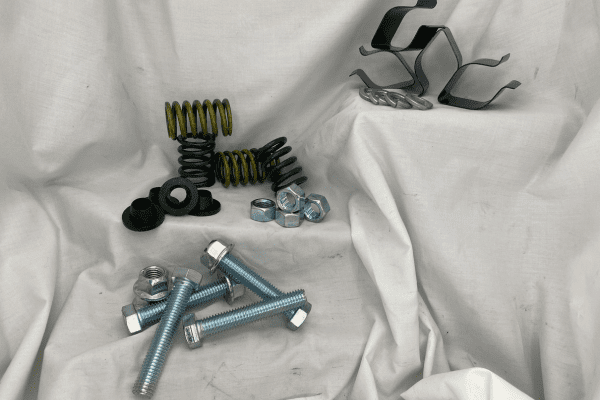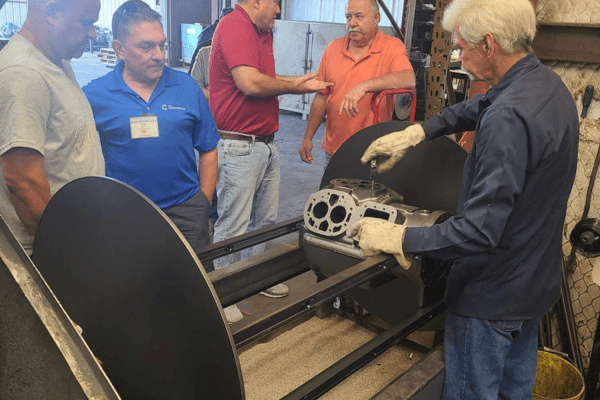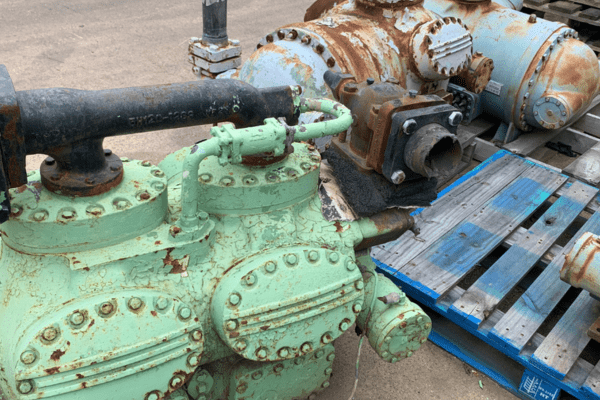The Critical Role of Spare Parts in Minimizing Downtime

Effecient technicians keep quality commercial HVAC/R compressor spare parts on hand for a very good reason. It keeps the business from losing valuable downtime.
Quality Assurance in Remanufactured Compressors: Myths vs. Reality


Why pay a high price for an OEM commercial HVAC compressor when you could save thousands of dollars buying the same quality – a remanufactured compressor.
The Environmental Benefits of Choosing Remanufactured Commercial Compressors


Purchasing a reliable commercial HVAC compressor is vital to any business and if it is eco-friendly that is a bonus. Remanufactured compressors provide this.
Innovations in Remanufacturing: The Future of Compressors Technology


Compressors are always getting better, and that process has only gotten faster over the last few years.
